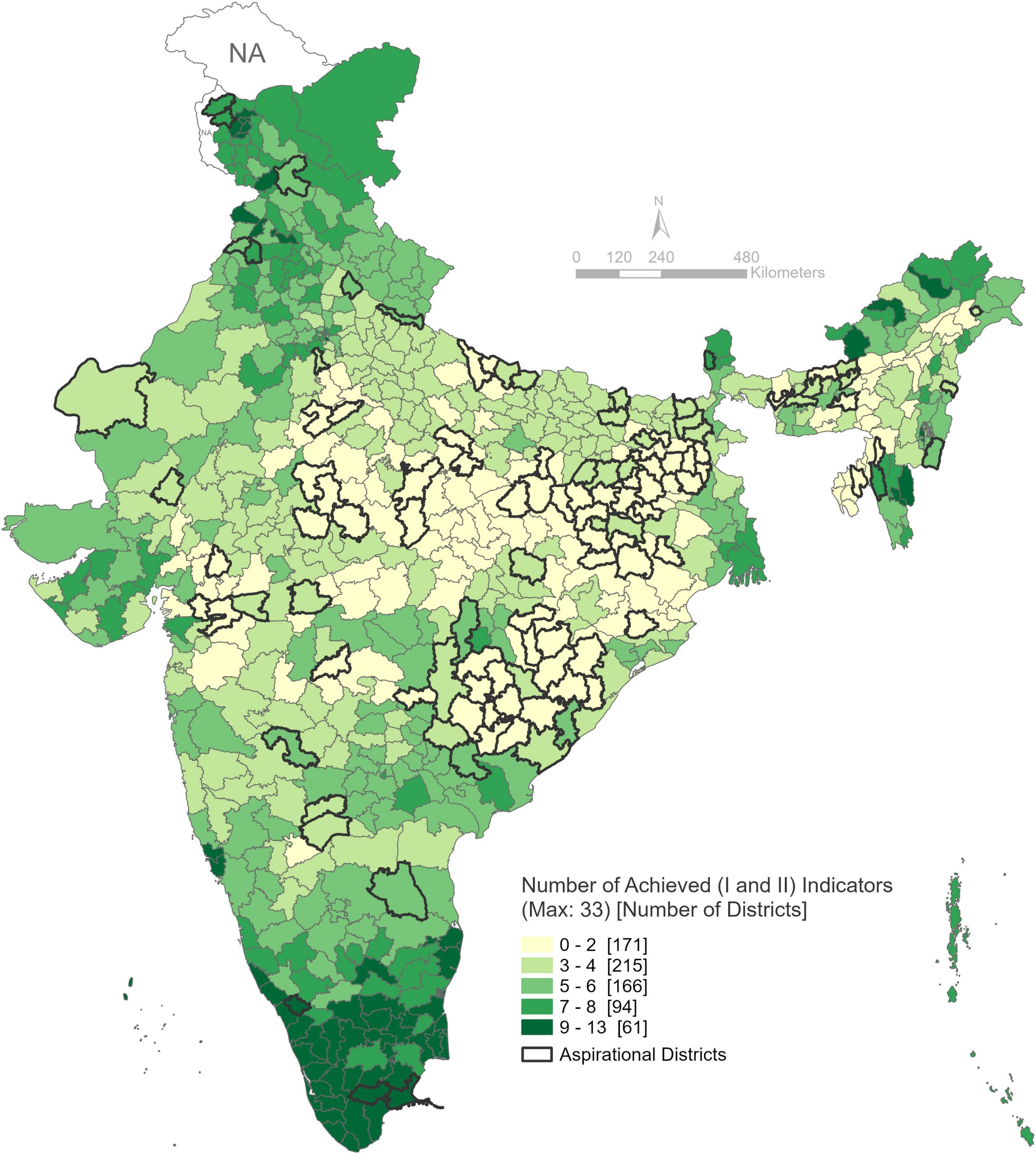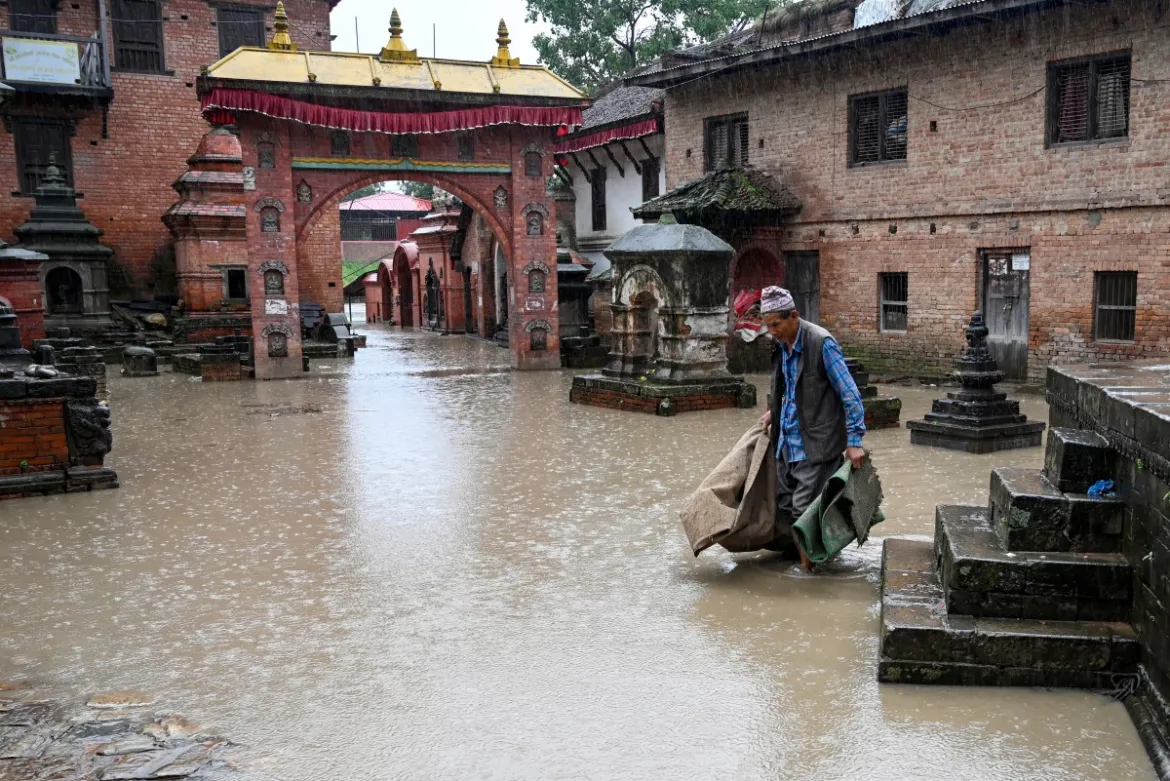CHELSEA WHYTE is the Liberal Democrat candidate for Slough. Chelsea has been a consistent volunteer and campaigner for local organisations, including volunteering full-time at her local food bank during the Covid-19 pandemic after losing herjob because of Brexit. Seeing first hand the struggles that too many families face when trying to feed themselves re-affirmed Chelsea’s commitment to tackling the rising cost of living andSlough’s housing crisis.
Now a senior public affairs and strategic communications consultant, Chelsea has experience working with international businesses across a range of sectors including energy,manufacturing, legal and finance. Chelsea has a legal background and has worked at various levels of government, including at the European Parliament in Brussels. Understanding the globalised nature of business, she has long-campaigned for the UK’sposition in Europe and at the heart of international debate. As an avid rower in her free time, Chelsea is passionate about the Lib Dems’ policy to stop water companies dumping sewage, having witnessed the decline in our waterways over recent years. She is particularly concerned about the risk of harm to people and wildlife. She spoke to SOUTH ASIA TIME regarding her ongoing campaign. Excerpts of the interview:
Now that elections are taking place on 4th July, how is your canvassing going on? What type of response are you getting on doorsteps?
We’ve had a fantastic reception in Slough, getting out to meet voters on doorsteps, at local places of worship, and at all the hustings we’ve had so far. It’s clear people want a fresh voice that isn’t embroiled in the stale politics of the past, and they see the Liberal Democrats as that option. We elected three fantastic new Lib Dem councillors locally last year and the momentum is continuing to grow.
What is your main message to the voters? What are your main agenda for Slough?
Our main campaign issues have been focused on:
● Fixing the crisis in our NHS – the Conservatives have neglected our health and social care services for too long, and it’s having a detrimental impact on the everyday lives of people in Slough, some of whom struggle to get appointments and stay healthy.
● Addressing the rising cost of living – the pressure on public finances has hit particularly hard in Slough, especially since Labour bankrupted the council a few years ago. We want to see more funding for local government to ensure essential services can continue in places like Slough. We also want to support local families by scrapping the two-child limit and cap on benefits and extending free school meals to all primary school children and even more secondary school pupils.
● Protecting our local environment – we are fortunate to have beautiful parks and rivers which are home to important wildlife that forms an essential part of our ecosystem. But the natural environment is under constant threat from developers and water companies that have no concern for the way they treat our local communities. We want to see a general duty of care for the environment and hold big businesses to account for things like sewage dumping in our rivers.
● Campaigning for a ceasefire in Gaza and an independent Palestine.
Labour party is far ahead than Tories in the opinion polls and they are calling on Britons to vote for change. Don’t you see the prospect of Tories benefitting in your constituency out of the three-way contest?
Slough is actually an 11-way contest this time and in a unique position when compared to the national political picture. Labour had a stronghold in this area for a long time, eventually leading to the financial ruin of the local authority. Local people used their votes last year to elect Liberal Democrat councillors for the first time in years. We are hoping to see this trend continue locally. The Conservatives nationally have let our essential services fall into disrepair by cutting funding to public spending. The Liberal Democrats have a plan to fix our NHS, protect our local environment, and tackle the cost of living crisis. We are seeing a lot of support for these policies locally and hope voters keep this in mind on 4th July.
One of the main concerns of local residents has been long queues at the NHS, incidences of burglary and potholes on the road. How will your party address these concerns?
● The Lib Dems want to fix our health and social care services, believing that the two must be tackled hand in hand for long-term success. Included in our manifesto is:
○ The right to see a GP within seven days, or within 24 hours if they urgently need to, with 8,000 more GPs to deliver on it.
○ Guaranteed access to an NHS dentist for everyone needing urgent and emergency care, ending DIY dentistry and ‘dental deserts’.
○ Create a social care workforce plan, establish a Royal College of Care Workers to improve recognition and career progression, and introduce a higher Carer’s Minimum Wage.
● Slough has seen crime, and violent crime in particular, increase to worrying levels. The Liberal Democrats believe everyone has the right to feel safe in their local community. Included in our manifesto is:
○ Restoring proper community policing, where officers are visible, trusted and focused on preventing and solving crimes – especially rape and other violent crime.
○ Creating a new statutory guarantee that all burglaries will be attended by the police and properly investigated.
○ Investing in the criminal justice system to tackle the backlog of court cases and ensure swift justice.
● The state of our roads and increasing number of potholes is an issue across the country. Unfortunately, this is something which falls under the responsibility of local authorities and is a service severely underfunded because of years of Conservative cuts to public spending. The Liberal Democrats want to tackle the funding crisis in local government and ensure councils like Slough can get back to delivering the services everyone expects and deserves.
Slough is known for ethnic diversity and cultural harmony. How will you support to promote cultural harmony in your constituency if you get elected?
We are fortunate in the UK, and indeed in Slough, to have such diverse communities. Unfortunately, the Conservatives have created a hostile environment in which some people feel like they don’t belong. The Liberal Democrats stand for “a fair, free and open society, in which we seek to balance the fundamental values of liberty, equality and community, and in which no-one shall be enslaved by poverty, ignorance or conformity.” If elected, I will use these values as the pillar for which I represent the voters of Slough and try to create community cohesion across the constituency.
How do you see the contributions of South Asian community in the UK?
I want to see us return to the welcoming country we once were, where we value the different backgrounds and cultural experiences that different communities bring. We have a lot to learn from each other, and, as the late, great Jo Cox said, “we have more in common than that which divides us”. I believe the South Asian community is essential to the Slough community and they have an important role to play in our continued growth.
On a personal note, what motivated you to become a full time politician?
Let’s be clear, I am not a full-time politician, yet! I would like to be the next Member of Parliament for Slough, which is a full-time position, but until that happens, I remain a voluntary campaigner. I have a full-time job which I have had to juggle alongside the campaign.
I got into politics because I was tired of the broken two-party politics in the UK, and the perception it is the best this country could do. I am passionate about reforming our political system, including by introducing proportional representation, so everyone feels like their vote matters, and to eliminate the need for tactical voting.
Having studied law at university, it was clear that a lot of our laws are stuck in the past and in need of updating. I want to see competent and trustworthy people do that, and I hope I could be that person for Slough.
Finally, your message to the voters?
For a fair deal for everyone in Slough, vote Liberal Democrat on 4th July.



















